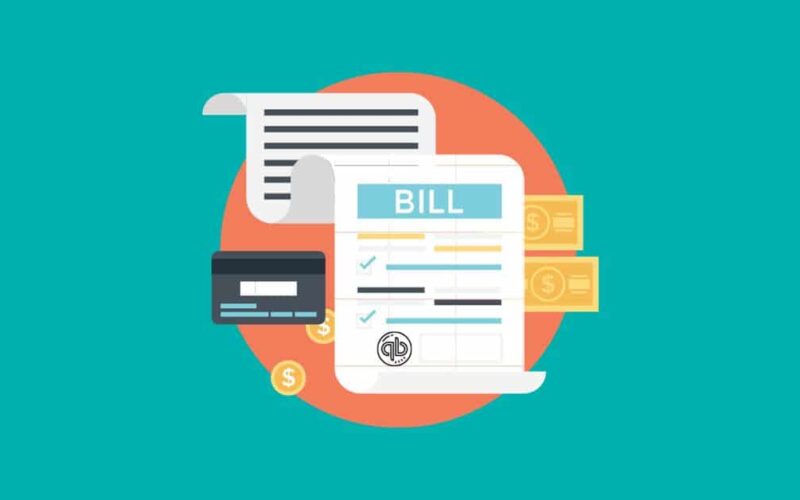Billable expense income is a term commonly used in businesses and freelancing to refer to costs incurred by a company or professional on behalf of a client, which are later reimbursed. Understanding this concept is essential for anyone involved in client-based services because it helps ensure accurate tracking, billing, and tax management. This article will break down what billable expense income is, how it works, and why it’s important for both businesses and clients.
What is Billable Expense Income?
Billable expense income refers to any costs incurred by a business or freelancer while performing services for a client, which are then passed on to the client for reimbursement. These expenses could include travel, materials, third-party services, or any other costs directly related to fulfilling a client’s request.
For instance, if a graphic designer buys specific fonts or software licenses to complete a project for a client, these costs would be classified as billable expenses. Once the client reimburses the designer, the reimbursement becomes billable expense income.
How Does Billable Expense Income Work?
The process is relatively straightforward but requires diligent tracking. Here’s how it works:
- Incur the Expense: The business or professional incurs an expense directly related to a client project (e.g., travel, materials).
- Record the Expense: The expense is tracked and documented, usually through accounting software or detailed invoices.
- Invoice the Client: Once the project or milestone is completed, the expense is added to the invoice sent to the client for reimbursement.
- Receive Payment: The client reimburses the business, turning the reimbursement into billable expense income.
By keeping a clear record of these expenses, businesses ensure that they don’t end up bearing the cost of client-specific work.
Examples of Billable Expenses
Billable expenses can vary depending on the industry, but here are some common examples across different sectors:
- Consulting: Travel, accommodation, and third-party software used for client projects.
- Freelance Design: Purchasing stock images, fonts, or special software licenses required for a client project.
- Law Firms: Filing fees, courier charges, or travel expenses incurred while handling a case.
- Construction: Materials purchased specifically for a client’s building project.
These expenses are necessary to fulfill the client’s request and can be reimbursed once the invoice is sent.
Managing Billable Expenses
Accurately managing billable expenses is crucial for ensuring profitability and maintaining transparency with clients. Here are some best practices:
- Use Accounting Software: Many businesses use software like QuickBooks or FreshBooks to track billable expenses. These systems allow for real-time tracking, automatic categorization, and easier invoicing.
- Document Everything: Always keep detailed records of the expenses, including receipts, invoices, and emails. This will help you justify the costs to clients if questioned.
- Set Clear Terms: Ensure that client agreements clearly define what types of expenses are considered billable. This avoids confusion and disputes down the road.
Keeping accurate records and using the right tools can significantly reduce the time spent managing these expenses.
How Billable Expense Income Affects Taxes
Billable expense income has implications for tax reporting. While reimbursed expenses are generally treated as part of a business’s gross income, they are often offset by corresponding deductible expenses.
- Deductible Expenses: Most billable expenses can be deducted from a business’s taxable income, reducing the overall tax liability.
- Client Reimbursements: When a client reimburses for these expenses, the business may not see a significant impact on its net income since the expense was already deducted.
It’s important to consult with a tax professional to ensure you’re maximizing deductions and handling reimbursements correctly for tax purposes.
The Importance of Transparency with Clients
Clear communication with clients about billable expenses can prevent potential conflicts. Ensure that:
- Agreements are Detailed: Before beginning a project, make sure client agreements explicitly mention what expenses will be billed.
- Invoices are Clear: When invoicing, provide a breakdown of all expenses to avoid confusion. This transparency builds trust and ensures that clients are fully aware of what they are being charged for.
Clear agreements and transparent invoicing practices foster better client relationships and help prevent payment disputes.
Using Accounting Software for Billable Expense Income
Many businesses rely on accounting software to streamline the process of tracking and managing billable expenses. Here’s how it helps:
- Automated Invoicing: The software can automate the inclusion of billable expenses in client invoices, ensuring accuracy.
- Real-Time Expense Tracking: Businesses can monitor expenses as they occur, improving cash flow management.
- Detailed Reports: Software often provides reports on income and expenses, helping businesses understand profitability at a granular level.
Using software not only enhances efficiency but also helps businesses maintain a clearer financial picture.
Frequently Asked Questions (FAQs)
1. Are billable expenses considered income?
Yes, when a business is reimbursed by a client for a billable expense, it is considered income. However, it is typically offset by the related expense deduction.
2. How do billable expenses affect taxes?
Billable expenses can be deducted from taxable income, which may reduce a business’s tax liability. Client reimbursements, while counted as income, usually don’t impact net income significantly due to these deductions.
3. Can I deduct billable expenses from my taxes?
Yes, businesses can usually deduct legitimate billable expenses from their taxable income, provided they are directly related to client work.
4. What types of expenses are billable?
Any cost directly related to a client’s project or service, such as travel, materials, software, or third-party services, can be considered billable.
Conclusion
Understanding billable expense income is crucial for any business or freelancer working in a client-service environment. Proper management of these expenses not only ensures you’re reimbursed for costs incurred but also helps you stay organized and prepared for tax season. By using accounting software, maintaining transparency with clients, and keeping detailed records, you can optimize your financial processes and boost profitability.






